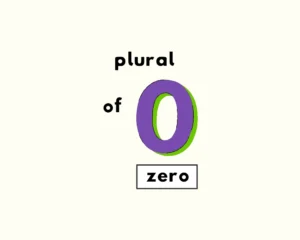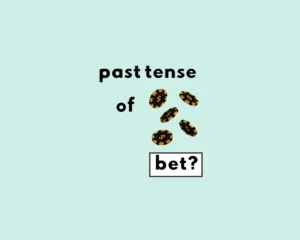
What’s the Plural of Tornado?
Plural of “tornado” The plural of tornado is tornados or tornadoes. Both are accepted plurals to mention more than one tornado. Other words ending in -o / -es or -s
Explore the breadths and depths of Grammarflex’s knowledge base, containing resources and comprehensive guides on pretty much everything you could want to know related to English grammar and writing.

Plural of “tornado” The plural of tornado is tornados or tornadoes. Both are accepted plurals to mention more than one tornado. Other words ending in -o / -es or -s

Zeroes or zeros are both accepted plurals of the noun (and non-figure) zero.

Cliff plural is cliffs. Usually singular nouns that end in -f/-fe take on -ves as a plural. This is not the case with cliff/cliffs.

For the safe bet, stick to bet. Bet uses one form for the most part, and is just bet. Betted is a nonstandard past form of bet (present tense).

Cactuses and cacti are both accepted to mean more than one of these sturdy desert plants, the cactus.
To provide the best experiences, we and our partners use technologies like cookies to store and/or access device information. Consenting to these technologies will allow us and our partners to process personal data such as browsing behavior or unique IDs on this site and show (non-) personalized ads. Not consenting or withdrawing consent, may adversely affect certain features and functions.
Click below to consent to the above or make granular choices. Your choices will be applied to this site only. You can change your settings at any time, including withdrawing your consent, by using the toggles on the Cookie Policy, or by clicking on the manage consent button at the bottom of the screen.